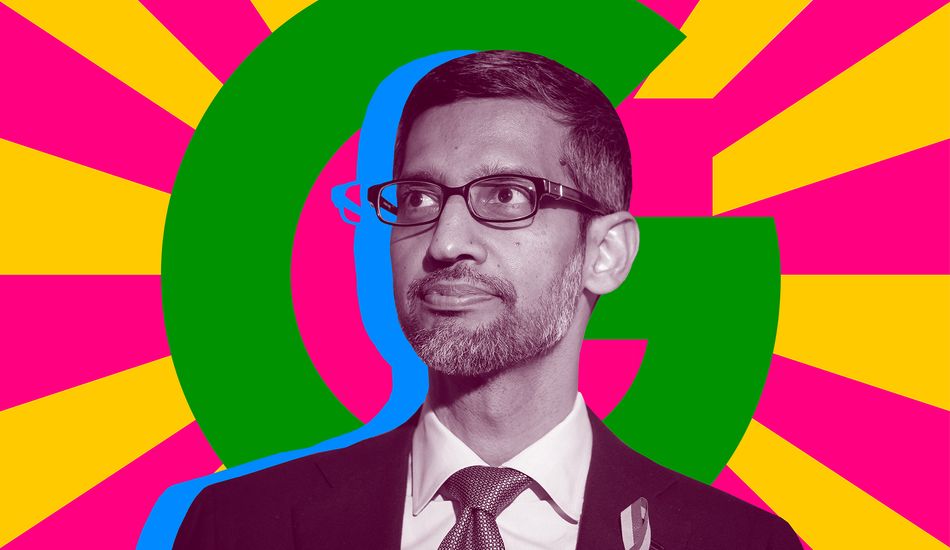
Google Antitrust Ruling: The Aftermath
A landmark ruling declared Google a monopolist, concluding its anticompetitive practices violate the Sherman Act. This decision, stemming from the largest tech antitrust trial since the Microsoft case of the 1990s, marks a significant development, though it’s just the beginning of a long process. The Department of Justice (DOJ) and Google's legal teams are currently battling over the implications and potential remedies.
The Core of the Dispute
The DOJ alleges that Google engaged in anticompetitive deals, notably with Apple, securing preferential placement for its search engine. These deals, the DOJ argues, artificially inflated Google’s market dominance. Conversely, Google contends its market share reflects the superiority of its products. The potential consequences are far-reaching, including the possibility of a breakup of Google, separating its core products such as Chrome, Search, and Android.
High Stakes and Key Players
The trial has revealed significant financial intricacies. The multi-billion dollar deal between Google and Apple for default search engine placement on Safari has been a central point of contention. Testimonies from key figures, including Apple's Eddy Cue and Google's Sundar Pichai, shed light on the complex relationship between the two tech giants and the implications of their agreements. The case also highlighted the impact on publishers, with Google's use of publisher data for AI training drawing considerable scrutiny.
The outcome will impact not only Google but the entire tech landscape. The potential sale of Chrome, the future of Android app bundling, and even the viability of competitors like Firefox are all hanging in the balance. The case underscores the growing concerns over the power and influence of tech monopolies and the ongoing debate about their regulation.
Source: The Verge